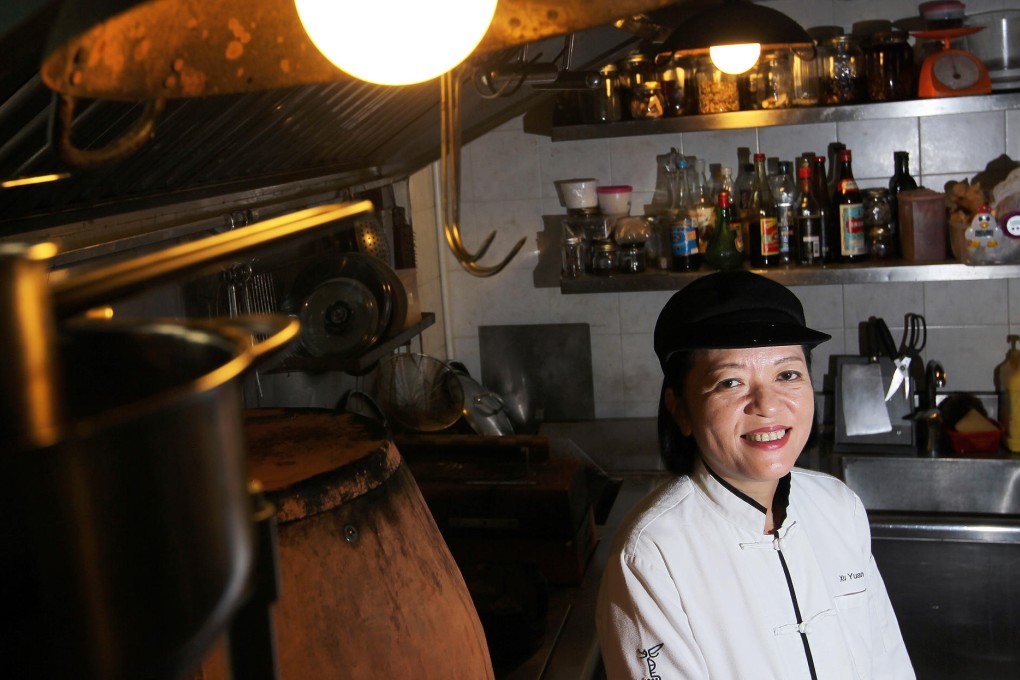
More than a decade ago, when organic farming was given little attention in Hong Kong, chef Margaret Xu started championing the from-farm-to-table process at her vegetable garden and secluded kitchen in Yuen Long.
"Organic is not a business opportunity, it is a life choice," says Xu. "Organic farms take longer to grow crops, they require more labour, and their output is not reliable. [But it] improves the environment, gives us healthier food and, possibly because of the higher cost, helps us to eat less."
When it comes to eating locally grown food, I have reservations. Xu says eating locally is a lifestyle choice, not a gourmet choice. Locally grown foods are not necessarily the best, although they have a better carbon footprint.
Eating locally starts by cooking or ordering local traditional dishes that require local ingredients: for example, eat steamed chicken with dried lily flower with black fungus and not a caprese salad.
The famous mozzarella di bufala is not simply Italian; it is the local product of a few selected municipalities of four regions in central and southern Italy.
